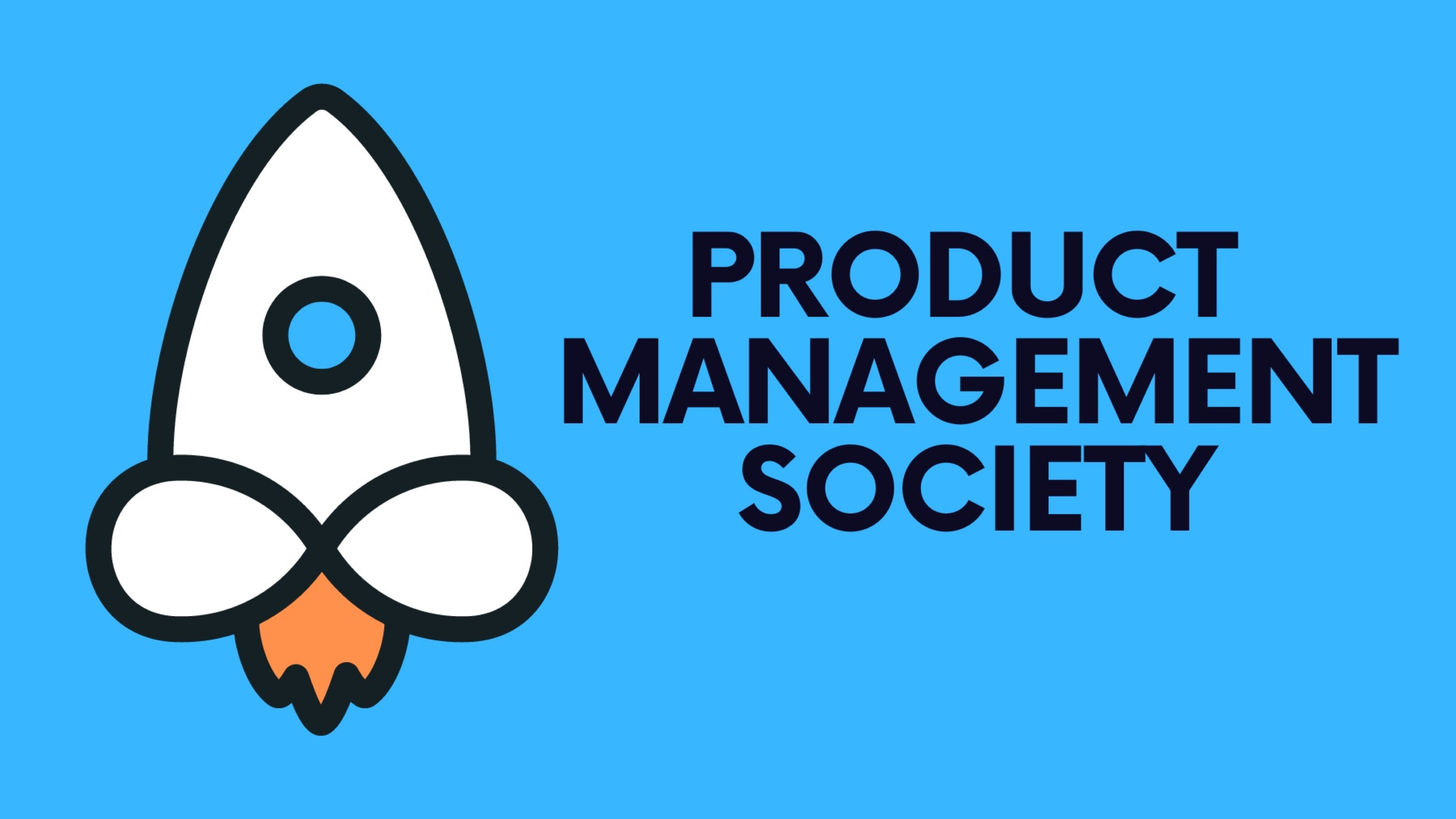Before reading, make sure to join our Slack community to connect with like-minded product professionals from all over the world by clicking the following link.
Introduction
Product management has evolved significantly over the past few years, influenced by technological advancements, changing customer expectations, and shifts in business practices. As we look toward the future, it's intriguing to consider how product management might continue to transform. While we can't predict with certainty what lies ahead, we can explore potential trends that could shape the field. This article examines some of these emerging possibilities, offering insights into how product managers might prepare for what's next.
1. Potential Integration of AI and Machine Learning
Enhanced Decision-Making and Automation
- Data-Driven Insights: It's plausible that AI and machine learning will further empower product managers with deeper, faster insights, potentially aiding in more informed decision-making.
- Automation of Repetitive Tasks: Routine tasks like data collection and reporting might become more automated, allowing product managers to focus on strategic initiatives.
AI-Powered Personalization
- Customized User Experiences: AI could enable more personalized experiences, adapting products to individual user needs and preferences in real-time.
2. Increased Focus on Customer-Centric Development
Continuous Customer Feedback Loops
- Real-Time Feedback Integration: We may see advancements in tools that allow for continuous integration of user feedback, enhancing responsiveness to customer needs.
- Customer Involvement in Development: It's possible that more product managers will adopt collaborative approaches, involving customers more directly in the development process.
User Experience (UX) as a Core Metric
- Experience-Driven Metrics: There might be a shift toward prioritizing UX metrics like engagement and satisfaction alongside traditional KPIs.
3. Emphasis on Sustainability and Ethical Practices
Sustainable Product Development
- Eco-Friendly Solutions: As environmental concerns grow, product managers might focus more on creating sustainable products, considering factors like materials and production methods.
- Circular Economy: Designing products with recyclability and reusability in mind could become more prevalent.
Ethical AI and Data Privacy
- Privacy-First Design: With increasing data privacy concerns, there may be a greater emphasis on ethical data practices and transparency.
- Bias-Free AI: Ensuring AI-driven features are unbiased could become a crucial aspect of product development.
4. Adoption of Remote Work Models
Remote and Hybrid Environments
- Flexible Team Structures: The trend toward remote and hybrid teams might continue, requiring adaptation in collaboration and communication methods.
- Global Talent Pool: Accessing a broader talent pool globally could become more common.
Evolution of Agile Methodologies
- Hybrid Frameworks: Agile methodologies may evolve to better accommodate remote and hybrid work setups.
5. Emergence of Specialized Product Management Roles
Product Operations Managers
- Support for Scaling: As products and teams grow, specialized roles focusing on operational efficiency might emerge.
AI Product Managers
- Focus on AI Products: There could be a rise in roles dedicated to managing AI-driven products and addressing associated ethical considerations.
Customer Experience (CX) Managers
- Dedicated CX Focus: Product managers might collaborate more closely with CX specialists to enhance the overall customer journey.
6. Advancements in Product Management Tools
Unified Platforms
- All-in-One Solutions: Future product management tools might integrate various functions like roadmapping, product ops, research and data into single platforms, streamlining product workflows.
AI-Enhanced Tools
- Predictive Analytics: Tools with AI capabilities could offer predictive insights, aiding in decision-making processes.
7. Emphasis on Continuous Learning
Ongoing Education
- Emerging Technologies: Keeping up with technologies like AI and data analytics may become increasingly important.
- Soft Skills Development: Skills like leadership and communication might remain crucial, especially in diverse and remote teams.
Certification and Training
- Specialized Knowledge: Pursuing certifications in areas like AI or sustainability could help product managers stay relevant.
Conclusion
While it's impossible to know exactly how product management will evolve, considering these potential trends can help professionals prepare for possible future scenarios. Whether it's integrating advanced technologies, focusing on sustainability, or adapting to new work models, being adaptable and open to learning will likely remain key components of success in the field. By staying informed and flexible, product managers can navigate whatever future changes may bring.
If you’re finding this blog valuable, consider sharing it with friends, or subscribing if you aren’t already. Also, consider coming to one of our Meetups and following us on LinkedIn ✨
Thanks for reading Product Management Society! Subscribe for free to receive new weekly posts 🚀







